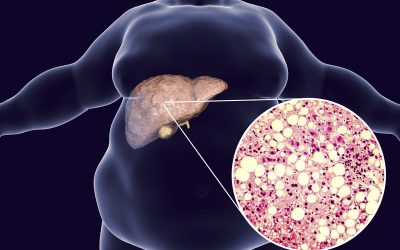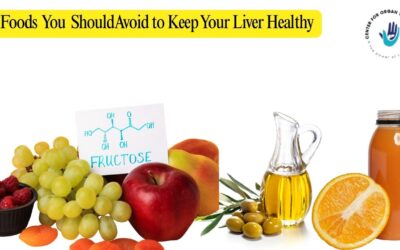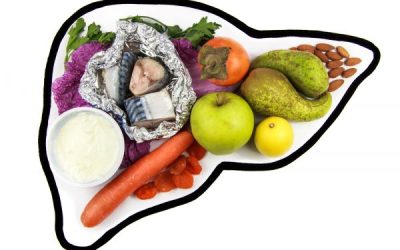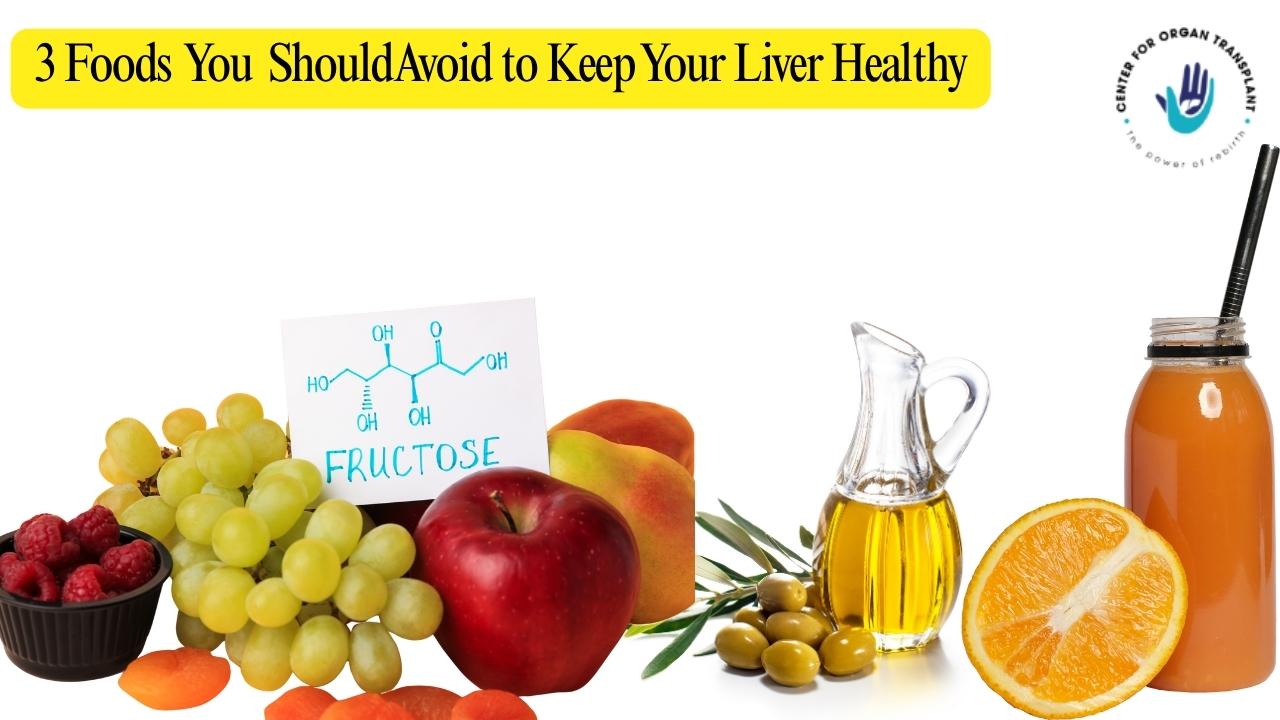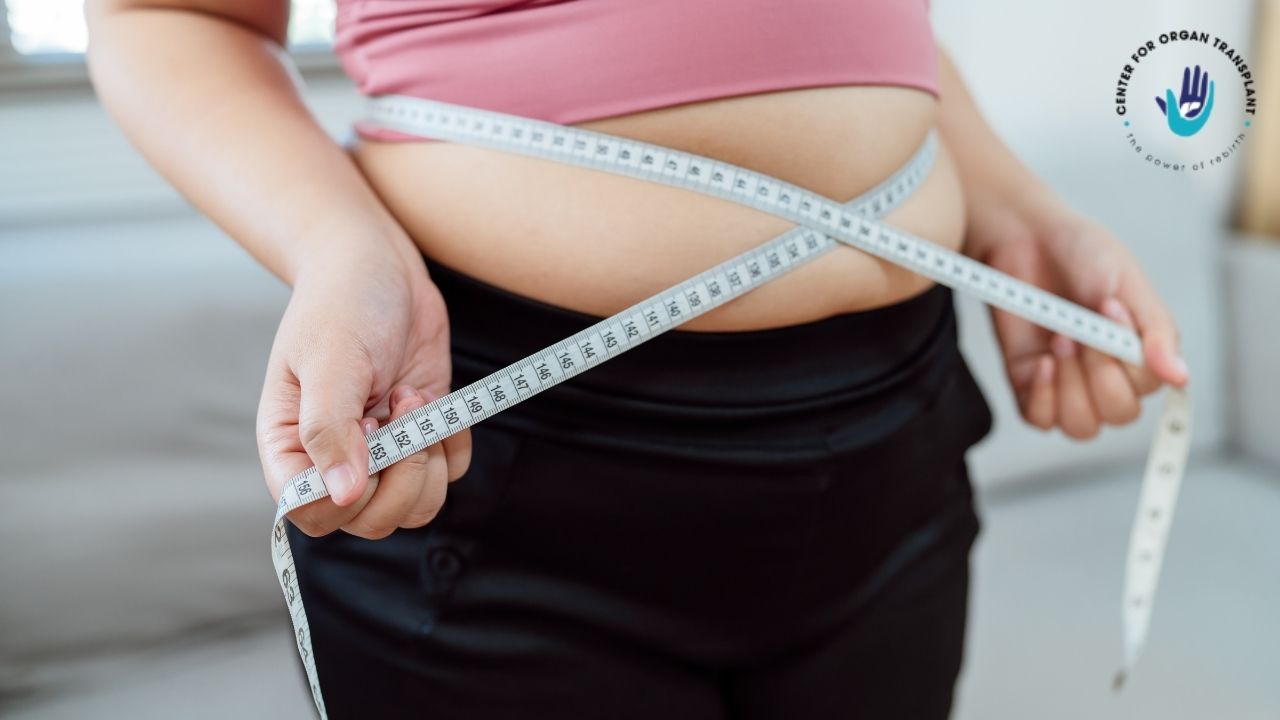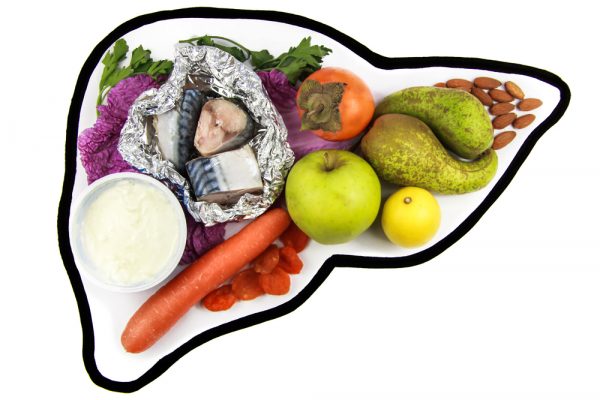Fatty Liver
By
Dr.Bipin Vibhute
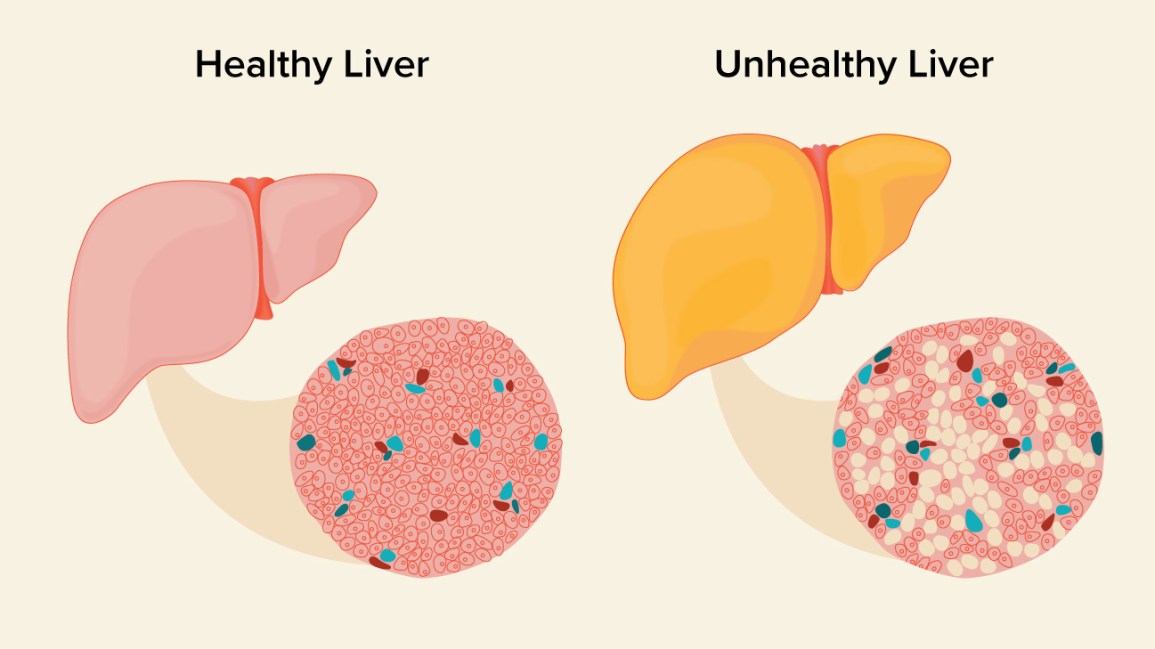
What is a Fatty Liver?
Fatty liver disease is a common condition that affects about a quarter of the global population. It is closely related to type 2 diabetes, obesity, and other disorders related to insulin imbalance. If you are a drinker you may get alcoholic fatty liver which can be an extremely debilitating condition.
This must have you wondering, how can you detect the early signs of fatty liver disease? It is always better to detect a disease early, as it presents you with more treatment options while enhancing your chances of recovery.
Fatty Liver Guide
Skim through this Fatty Liver guide that covers every important aspect of this disease, its causes, symptoms and Treatments.
1. Fatty Liver Disease Types
There are two types of fatty liver disease:
1. Alcoholic
2. Nonalcoholic
The former happens when people drink excessive alcohol which causes a layer of fat deposit on the liver. Drinking too much alcohol may affect the liver’s ability to break down fat. Sometimes this disease may cause liver inflammation, which may lead to scarring, and eventually liver failure which can prove to be fatal. Many people who visit the doctor for fatty liver treatment often suffer from this condition.
In some cases, alcohol may not play a part in the buildup of fat on the liver, in which case it is known as nonalcoholic fatty liver disease. This condition can also lead to liver inflammation, scarring, and in worst cases, cirrhosis.
2. Causes and Signs of Fatty Liver Disease
Sometimes, it is hard to detect fatty liver disease symptoms. Sadly enough, the symptoms do not manifest until some serious damage has been done than cannot be reversed. While studying the early signs of the disease we must look at Nonalcoholic and Alcoholic Liver Disease separately.
Although it seems a bit unfair, even if you don’t consume alcohol, you might experience the same symptoms as alcoholic fatty liver disease. This type of fatty liver may be brought on due to obesity, high-fat content in the blood, and diabetes. Other fatty liver causes include Hepatitis, Cancer, immunity disorders, poison, or prescription drug overdose.
Early signs of nonalcoholic fatty liver disease include irregular sleep cycles and low energy levels. You might feel tired easily and feel like lying down often, and your eyes may develop a yellowish tint. You may notice skin conditions such as itching, acne, psoriasis, and eczema.
As for alcoholic liver disease, the most common sign is the yellowing of the eyes and skin, also known as jaundice, which is accompanied by digestive issues and extreme fatigue. Long-term heavy drinking is one of the main fatty liver disease causes, and cutting down on your daily glass of whiskey might reverse the damage done to your organ, provided it’s not too late.
People suffering from this type of liver disease may experience bad reactions to painkillers and antibiotics, as well as acid reflux and heartburn. On top of that, you might find yourself getting drunk quickly, as your alcohol tolerance gets lowered. Also, the hangovers turn worse when your liver is damaged. If you continue the same drinking pattern even after experiencing these fatty liver disease symptoms, the damage to your liver may be irreversible.
Long-term drinking can lead to Alcoholic Hepatitis which involves scarring and inflammation of the liver. Signs of this disease may include fatigue, jaundice, nausea, vomiting, discomfort felt in the right upper abdomen, and weight loss. At this stage, your doctor might recommend a liver function test that might reveal elevated liver enzyme levels. Fluid may accumulate in your abdomen and your liver might break down completely if you do not seek immediate fatty liver treatment.
Alcoholic cirrhosis is another fatty liver condition that cannot be reversed. If you stop drinking, it will prevent more damage to your liver and may improve some symptoms. The liver is severely scarred at this stage and the patient requires urgent medical treatment and support.
3. Diagnosing Fatty Liver Disease
If the doctor notices signs and symptoms of fatty liver, they may ask some general questions about your lifestyle. This will give them an idea about what they are dealing with. The doctor may ask about the medical history of your family, your alcohol consumption, medical conditions, what medicines you take, and if you’re suffering from any symptoms lately.
Fatty liver disease diagnosis usually starts with a physical exam where the doctor palpates your abdomen to check for an enlarged liver. After that, they might order some blood tests to check the liver enzyme levels. These include aspartate aminotransferase test and alanine aminotransferase test. If your liver enzyme levels are elevated, that is a tell-tale sign of liver inflammation.
If you have elevated levels of liver enzymes, that would call for imaging tests such as MRI scan, CT scan, and ultrasound tests. This way, the doctor can find out the cause of liver inflammation. Another technique commonly used in liver biopsy, where a piece of your liver tissue is extracted and tested in the laboratory. This test can detect liver scarring and fatty liver disease.
4. Fatty Liver Disease Treatment
Currently, there are medications specifically for curing fatty liver. However, you will be able to reverse the condition unless you’re in a terminal stage. For non-alcoholic fatty liver, doctors will most likely recommend losing your weight. Losing weight can reduce fibrosis, inflammation, and fat deposits in the liver. Sometimes, your condition may be the direct result of a medication, in which case the doctor will ask you to discontinue that particular medicine.
However, you must keep a check on the weight loss process, as losing too much can make your condition worse. For this, you should follow a balanced fatty liver treatment diet. You should also exercise on a regular basis so that you can reduce your weight by 7-10% and improve the condition of your liver. Some studies claim that Vitamin E supplements and diabetes medicine can improve the condition, but there is no concrete proof in regard to this.
For non-alcoholic fatty liver disease, the most important part is to quit drinking alcohol. You might be able to reverse your condition if you quit drinking, provided your liver has not reached the cirrhosis stage. Some people require some help when it comes to quitting alcohol, and for them, there are alcohol recovery programs and therapists who can help.
You can also take the help of medicines in order to quit alcohol, which reduces the craving or creates an unpleasant sensation whenever you start drinking. Both types of fatty liver diseases, however, can cause cirrhosis, which can be treated with operations, fatty liver disease supplements, and medicines. In severe cases, cirrhosis may lead to liver failure, in which liver transplant may be the only option available.
5. Home Remedies and Lifestyle changes
There are some fatty liver disease lifestyle tips you can follow that can help with the condition. These include engaging in regular exercise, having smaller portions of food, maintaining a balanced diet, and avoiding alcohol. Having smaller portions and maintaining a balanced diet will allow you to keep your weight in check.
You could also get vaccinations for pneumococcal disease, flu, and Hepatitis A and B. This is because fatty liver accompanied by Hepatitis A or B can cause liver failure. People suffering from pneumococcal disease and flu are also more likely to get infected, thus making the remaining two vaccinations important as well.
There are several alternative medicines, medical practices, herbal remedies that claim to reverse the condition but you should consult with your doctor before trying these out, as some of them can do you more harm than good. By introducing some lifestyle changes and following a diet for reducing a fatty liver, you can successfully reverse the condition.
6. Dietary Strategies for Fatty Liver
Your doctor can advise you to change your diet in order to treat the condition and prevent further complications. They may ask you to follow a fatty liver diet plan which would include plant-based foods like whole grains, legumes, vegetables, and fruits.
You will also need to limit the consumption of carbohydrates like white bread, white rice, and sweets, as well as saturated fats found in animal products and red meat. You could also include food for fatty liver such as green tea, soluble fiber, whey protein, and those that are rich in monosaturated fats like nuts, avocados, olive oil, etc.
7. Stages of the Disease
1. The first stage of the disease is simple fatty liver where excess fat accumulates in your liver.
2. In the second stage, known as Steatohepatitis, inflammation occurs. The third stage is known as fibrosis, where scarring happens due to the inflammation.
3. The last stage is called fibrosis, where the scarring spreads and eventually leads to liver failure.
8. Tips for Prevention
In order to prevent fatty liver, you can do the following:
1. Avoid or quit alcohol
2. Keep your weight in check
3. Follow a fatty liver disease diet
4. Get exercise
5. Control our blood sugar and cholesterol levels
Through lifestyle changes, you can reverse the effects of this debilitating condition. You should consult a doctor immediately if you notice any of the symptoms, to prevent complications from occurring.
Transplant Team
A liver transplant is an operation that involves the replacement of a patient's diseased liver with either a whole or partial healthy liver from a donor.

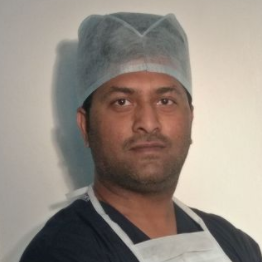
Dr. Aniruddha Bhosale
Consultant Liver & GI surgery

Dr. Apurv Deshpande
Liver and Multi Organ Transplant
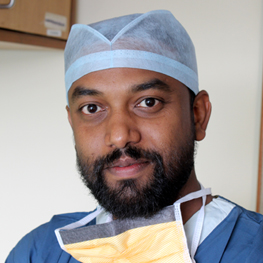
Dr. Abhijit Mane
Asst Consultant Liver & Multiorgan Transplant
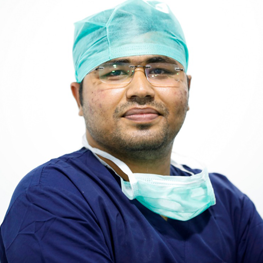
Dr. Manoj Raut
Consultant Liver Transplantation Anaesthesia & Critical Care
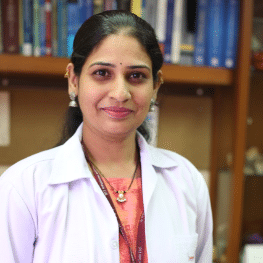
M/S. Malvika Karkare
Sr. Transplant Dietition
Transplant Team

Dr. Bipin Vibhute
Liver & Multiorgan Transplant Surgeon
A liver transplant is an operation that replaces a patient’s diseased liver with a whole or partial healthy operation that replaces.
Patient Reviews
Dr BIPIN VIBHUTE is one the great liver and multi organ Transplant surgeon we have in India. His smiling face cures patient and gives confidence that they are now in good hands. He takes time to explain things and resolve the problems of all his patients.His team is also very caring and helpful“
Pravin Patole (Transplant Year: 2021)
Treatment : Liver Transplant
Dr Bipin Sir has charismatic personality and humble in nature. He knows how to diagnose the things. Most of time patients become happy and feel healthy with Dr Bipin sir’s smile and the way he treats them.? All the best sir and please keep the good things continue and please take care of you.
Saket Khadakkar (Transplant Year: 2021)
Treatment : Liver Transplant
Organ Donation
Why we should Donate Organs?
By Dr.Bipin Vibhute
The biggest donation in this world is Organ Donation, by which we can save multiple lives. To save someone’s life is the biggest thing in this world. Being a donor is like having superpowers. By donating organs you give hope or a chance of living to a person who has left all the hopes of surviving.
Even if a person dies, his organs are not dead. The organs of a dead person will be of no use after the body is burnt or buried. But these organs can save up to eight lives if we donate them. We all understand the importance of Organ Donation, but how many of us support and wish to donate our organs.
Question & Answers
How does obesity lead to fatty liver disease?
Indeed, certain lifestyle choices have a major effect on your body, and that leads to further complications. One of the most common ones includes obesity, which results...
Blogs
What 3 Foods Should You Avoid to Keep Your Liver Healthy?
If you're serious about protecting your liver, knowing what not to eat is just as important as what you should include in your diet. Inspired by global experts like...
Why Waist-to-Height Ratio Now Outperforms BMI—and What It Means for Your Liver 🩺
When assessing obesity and related health risks, Body Mass Index (BMI) has long been the go‑to metric. Yet emerging evidence shows it misses a critical factor: fat...
Foods To Avoid If You Have Fatty Liver
Fatty liver disease occurs due to excessive fat build-up in your liver. Due to this, your risk of heart disease can increase and your liver might suffer from...
Videos
What 3 Foods Should You Avoid to Keep Your Liver Healthy?
If you're serious about protecting your liver, knowing what not to eat is just as important as what you should include in your diet. Inspired by global experts like Indian liver...
Why Waist-to-Height Ratio Now Outperforms BMI—and What It Means for Your Liver 🩺
When assessing obesity and related health risks, Body Mass Index (BMI) has long been the go‑to metric. Yet emerging evidence shows it misses a critical factor: fat distribution....
Foods To Avoid If You Have Fatty Liver
Fatty liver disease occurs due to excessive fat build-up in your liver. Due to this, your risk of heart disease can increase and your liver might suffer from inflammation which...



